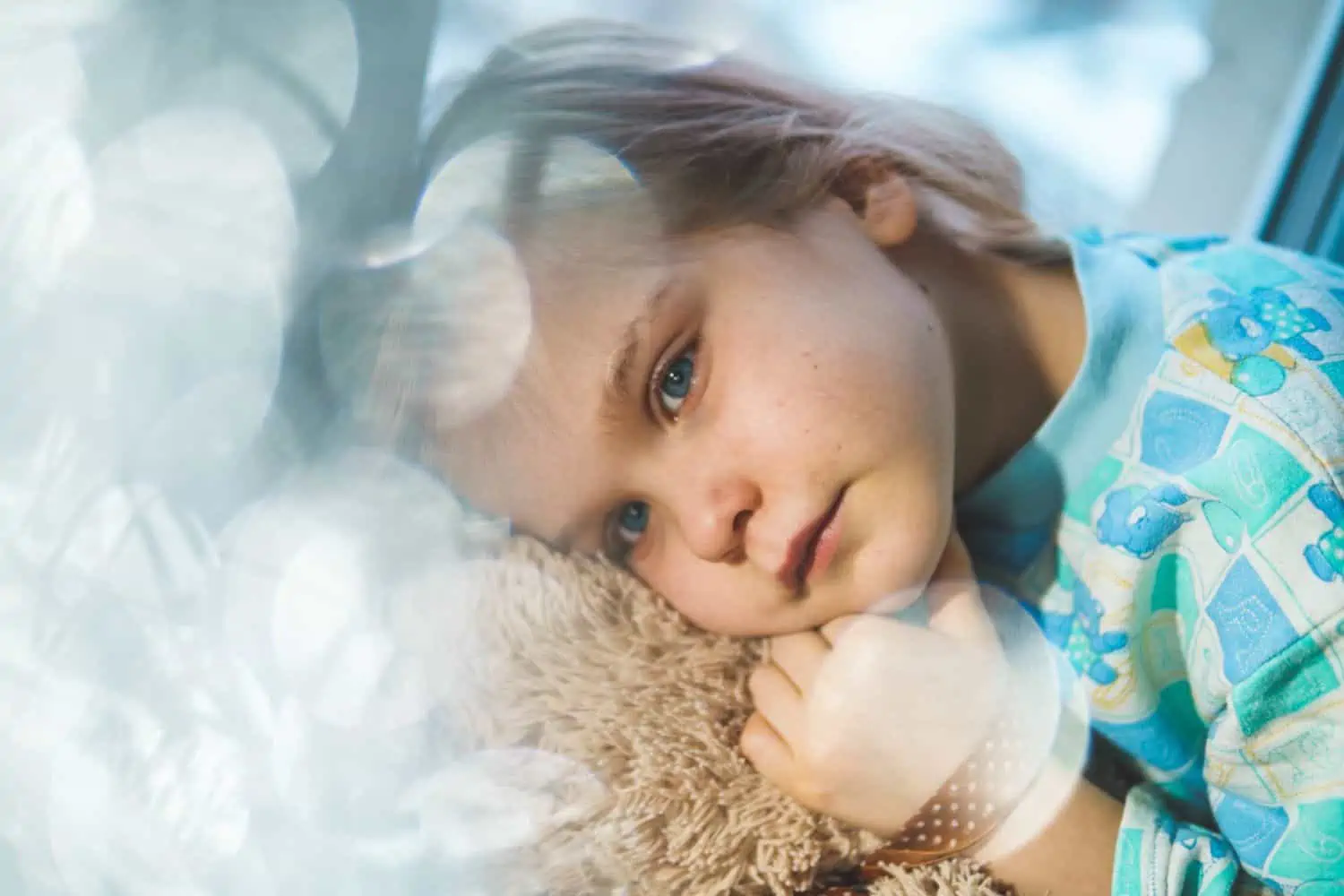The Western Cape has lately been experiencing extreme heat and humidity – and this intense summer heat is only getting started. And with the heat, there has been a noticeable increase in cases of diarrhea, dehydration and pneumonia in children.
According to Western Cape Government Health spokesperson, Sandra Maritz, young children are often the ones who feel the heat in the worst way.
“As we enter February, usually the hottest month, the Department is advising adults to be extra watchful over children. When your child has a runny tummy, he/she may have diarrhea.
“Unclean hands can spread viruses that cause diarrhea. During hot summer days, food can easily get spoilt. If eaten, this can also cause diarrhea, which can cause dehydration. As children can dehydrate very quickly, it can be life-threatening,” she said.
Why are children more affected by the extreme heat?
Professor Heloise Buys from Red Cross War Memorial Children’s Hospital, said that one of the main reasons why diarrhoeal diseases affect young children more seriously is because babies and infants are completely dependent on their caregivers.
“They often can’t verbalise that they are thirsty. Also, because they are so much smaller than adults, losing a small amount of fluid in their watery stools is a big deal. They more easily become dehydrated or go into shock,” Buys said.
Buys further urged parents to take the first signs of a diarrhoeal disease seriously and immediately start with “Oral Rehydration Solution” (ORS).
Make ORS at home
Fortunately, ORS solutions can easily be made at home:
- Boil a litre of water and let it cool down
- Add 8 tablespoons of sugar
- Add half a teaspoon of salt
- Mix together
Continue to give the child small sips of the solution with small, frequent snacks.
Sr Gale Goeieman from Tulbagh Clinic expressed the importance of acting as fast as possible to avoid dehydration.
“We advise mothers to preferably give it in a cup or feeding bottle – whichever works best. You can also mix a small amount of juice with the solution or add a small amount of the cool drink you usually make to the solution. If this does not work and the child is still not taking in fluids or vomiting all fluids they do drink, please come to the clinic so that we can help to prevent severe dehydration.”
Symptoms to look out for
If any of the following symptoms occur during extreme heat conditions, medical assistance may be needed:
- Blood in the child’s nappy or toilet
- If the child is vomiting
- If the child does not drink or breasfeed
- Tremors or shakes
- Shorness of breath or diffcitly breathing
- If the child is not as alert as usual
Be aware of what your child does and eat/drink during those hot days. And always try to keep your kitchen clean and teach them to always wash their hands after using the bathroom and before eating. This will limit the risk of them getting sick.
